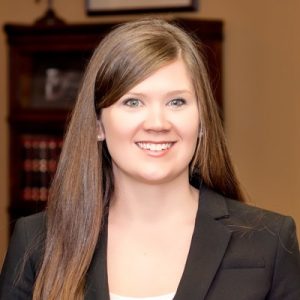Dealing with the loss of a loved one is very difficult. This is definitely not a time you want to have to search through all of that person’s papers, mail, and computer to try to figure out what assets they had and how to deal with it all. You can help your family during this time by having a good estate plan in place. We recommend having a trust or will that sets out who will manage your affairs and who gets what when you’re gone. Another important part of a good plan is to have an inventory of all of your assets—what they are, where they are located, how they can be accessed, and who you want to receive them.
Often people don’t realize that in addition to assets such as life insurance, bank accounts, real estate, and tangible property, they need to address their digital assets as well. This can include e-mail, Facebook, reward points, and online accounts. Currently there is not a law in place that gives your personal representative or trustee authority to access your digital assets when you pass away. The Uniform Law Commission, however, is working on drafting such legislation, which is titled “Uniform Fiduciary Access to Digital Assets Act.” The purpose of the act is to allow fiduciaries to have authority to access, manage, distribute, copy, or delete digital assets and accounts. The fiduciaries covered include personal representatives of a decedent’s estate, guardians, agents under a power of attorney, and trustees. The last draft of the act was reviewed in March of this year. A copy of the most recent draft as well as comments from the committee can be found at http://www.uniformlaws.org/Committee.aspx?title=Fiduciary+Access+to+Digital+Assets. We’ll have a follow-up posting after the final act is accepted.
Especially as there is no such law in place right now, it would be very beneficial to those wrapping up your affairs if you would create a list of all of your accounts. You should include your login IDs and passwords. As this is very sensitive information, you may consider having a system where the logins are in one location and the passwords are separate, with a way of connecting the two when you’re gone. This information should be kept with the rest of your estate planning documents, such as your trust or will, so that whoever is managing your affairs can find it.



